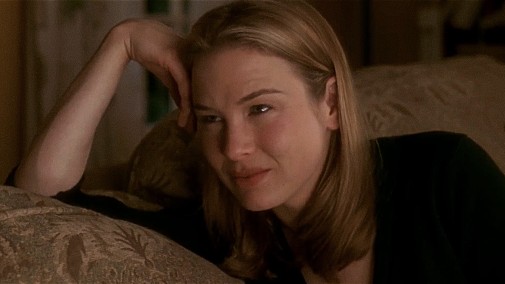
Throughout Oscar history, 15 films have conquered nominations in all acting categories. 1936's My Man Godfrey was the first and David O. Russell's American Hustle is the most recent example. Many didn't deserve such honors, their bountiful Oscar haul being mostly a matter of awards buzz rather than undeniable excellence. That said, there are also movies that got tangentially close to this feat and deserved it but didn't get it. Upon rewatching Jerry Maguire (currently streaming on Netflix), I was surprised to realize Cameron Crowe's seminal comedy was one of those productions which deserved to enter that exclusive club of Oscar champions…
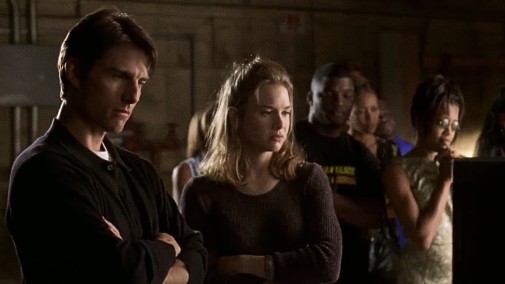
Unfortunately, only the men of Jerry Maguire managed to get some attention from the Academy. Tom Cruise got his second nomination for Best Actor (which he should have won), while Cuba Gooding Jr. was victorious in the Best Supporting Actor race. Left behind were Renée Zellweger and Regina King, whose performances added humor and necessary pathos to this delightful comedy full of memorable catchphrases like "Show me the money". Both women would go on to become Oscar champions, but their lack of acclaim for this film still stings.
King, in particular, was completely ignored during the season. Part of the trouble stemmed from some major cases of category fraud. Looking at the Best Supporting Actress line-up, we find two leading ladies in Juliette Binoche and Marianne Jean-Baptiste. The actresses of The English Patient and Secrets & Lies were put in the supporting category mostly to avoid internal competition from their costars. Seeing as Kristin Scott Thomas and Brenda Blethyn were nominated for Best Actress, it's easy to understand the studios' fraudulent strategy - it worked.
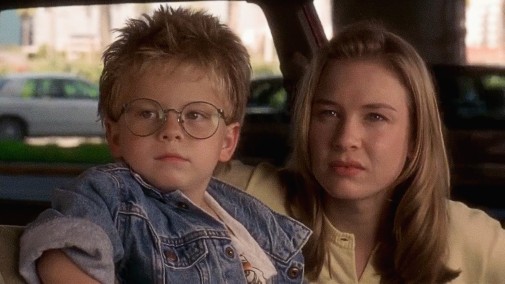
Speaking of category fraud and internal competition, Regina King's lack of buzz can also be attributed to the categorization of Renée Zellweger's performance in the same movie. While she's an arguable lead next to Tom Cruise, Zellweger was campaigned as supporting and even nabbed herself a SAG nomination in that category. If she was Oscar-nominated, she'd likely be in supporting, killing any dreams of Jerry Maguire belonging to the list of films with nominations in all acting categories. Still, one can dream and Jerry Maguire is one of those films that make us dream, lose ourselves in romantic follies and believe anything is possible.
It's a delightful piece of terminally charming cinema, capable of melting even the most cynical of hearts. It does this through a cocktail of incoherent morality, lofty themes and tonal registers which somehow work together when all's said and done. Cameron Crowe got much praise for this, but the actors deserve even more applause. They're pitch-perfect and, as the title of this article suggests, Renée Zellweger is especially brilliant. She's the first among equals and, since she was closer to the nom than Regina King, she's the one we're celebrating today.
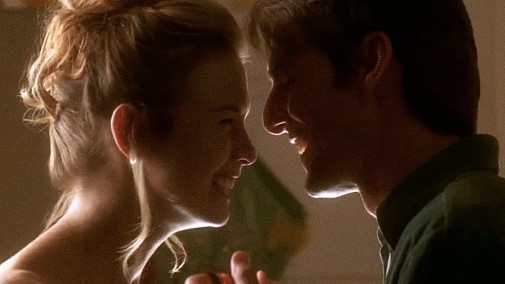
The first time we see Renée as Dorothy Boyd, she's little more than a background extra, watching on as Jerry Maguire burns his career as a sports agent to the ground with the publication of an inflammatorily sincere mission statement. She works at the same office as him and, when he leaves to start his own agency, she's the only one that follows. There's a hint of romantic attraction going on, but Zellweger makes it clear that most of all, Dorothy is inspired by her new boss. They have great chemistry together, first as friends and later as the perfect couple. Whether flirting or sharing a domestic moment in bed, we love to watch them.
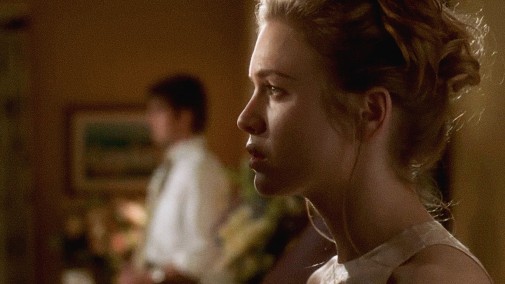
Zellweger is equally great when sharing scenes with her on-screen son and protective older sister. In just a few dialogues, the actress suggests an entire life lived outside the margins of the narrative, hinting at a painful past with the tiniest hint of sadness in her eyes. It helps that she gives the most naturalistic performance in the movie. Cameron Crowe's camera understandably loves to gaze at Renée Zellweger's expressive face, allowing her silent reactions to add shades of meaning to comedic scenes. There's a moment when she's watching a wedding video that's utterly devastating thanks to Zellweger's modulation of tone, keeping things light while painting Dorothy as a complex person with a troubling interiority. She makes sweet Hollywood humor have a sharp edge of reality.
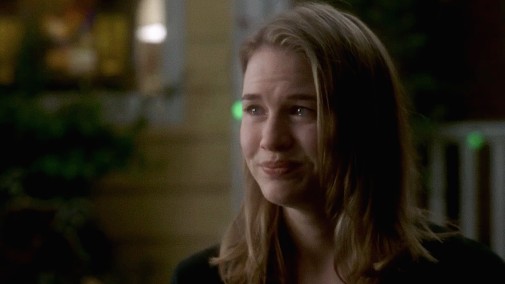
Her last two big scenes, a break-up and a tearful reunion are incredible showcases for this singular mastery of tone. Recalling an earlier scene when Jerry appeared drunk at her house, Dorothy is awkward but loveable, her honesty shining through each one of her lines and pleading looks. However, while the first scene made us giggle, this one is like a gut punch, all the more affecting because of Zellweger's resolute refusal to make a melodrama out of the heartbreak. And then there's the iconic climax and that unforgettable line "You had me at hello", which miraculously feels more real than schmaltzy. That's the Oscar clip right there and a wonderful clip it is.
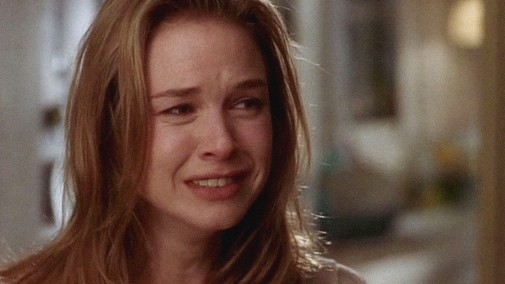
Renée Zellweger may have won her little golden men with showy bits of transformative acting, but she's also amazing here, keeping things simple and tonally weird. In Jerry Maguire, she's the platonic ideal of a rom-com heroine, making a silver screen love affair seem both relatable and spectacular, making humor born out of aching humanity and a desperate desire for simple happiness. Honestly, she had us at hello.